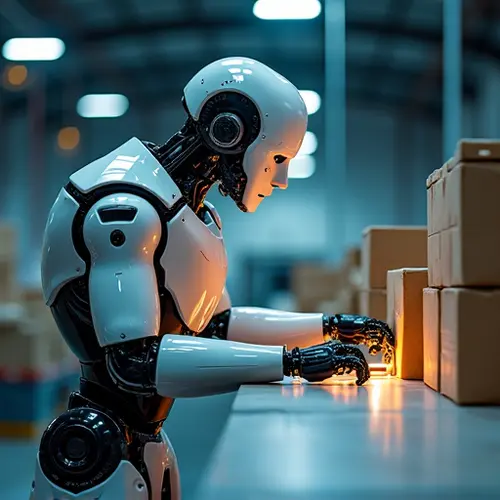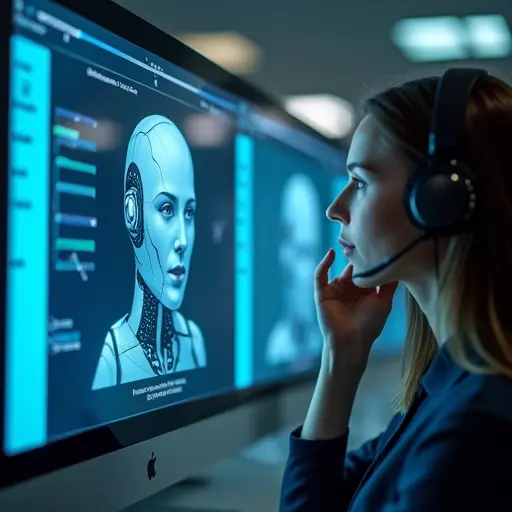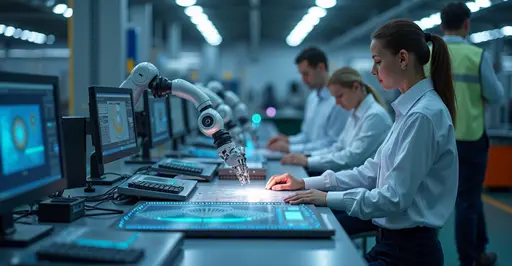
The End of Traditional Employment
By 2040, the job market will undergo radical transformation as automation and AI reshape industries. Studies predict that up to 30% of current jobs could be automated within the next decade, with certain roles vanishing completely.
Most Vulnerable Professions
Jobs involving repetitive, rule-based tasks face the highest risk. These include:
- Data entry clerks (38% automation potential)
- Telemarketers (AI chatbots reduce costs by 80%)
- Retail cashiers (replaced by automated checkout systems)
- Truck/taxi drivers (self-driving technology advancing rapidly)
- Manufacturing workers (30% reduction expected)
According to McKinsey, even white-collar jobs like bookkeeping, financial analysis, and legal assistance face significant automation threats as AI improves at processing complex data.
Why These Jobs Are Disappearing
Four key factors make positions vulnerable:
- Repetitive tasks that follow predictable patterns
- Minimal need for emotional intelligence
- Cost efficiency of automation
- Rapid technological acceleration
World Economic Forum reports suggest AI will displace 85 million jobs by 2025 but create 97 million new roles in emerging fields.
Future-Proof Careers
Jobs requiring human skills will endure:
- Healthcare roles needing empathy
- Creative professions (writing, design)
- Complex problem-solving positions
- AI oversight and ethics management
- Jobs involving unpredictable scenarios
As robotics expert Murray Shanahan notes: "The real challenge is adapting our workforce through reskilling and education."
Preparing for Transition
Workers should focus on developing irreplaceable skills:
- Emotional intelligence
- Creative innovation
- Critical thinking
- Human-AI collaboration
Companies and governments must invest in retraining programs to smooth this inevitable transition.

 Nederlands
Nederlands English
English Français
Français Deutsch
Deutsch Español
Español Português
Português








